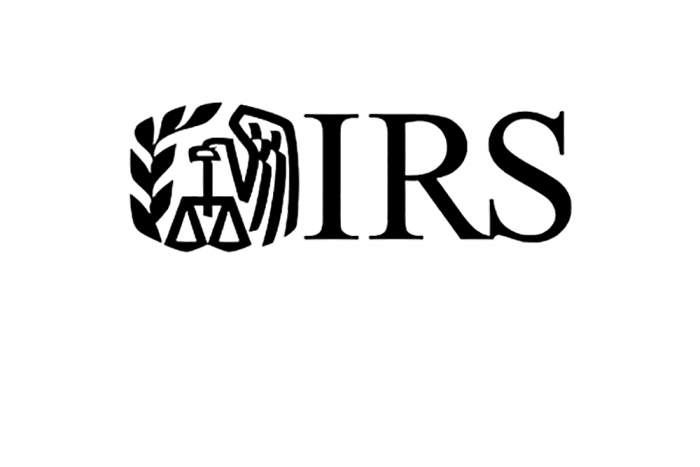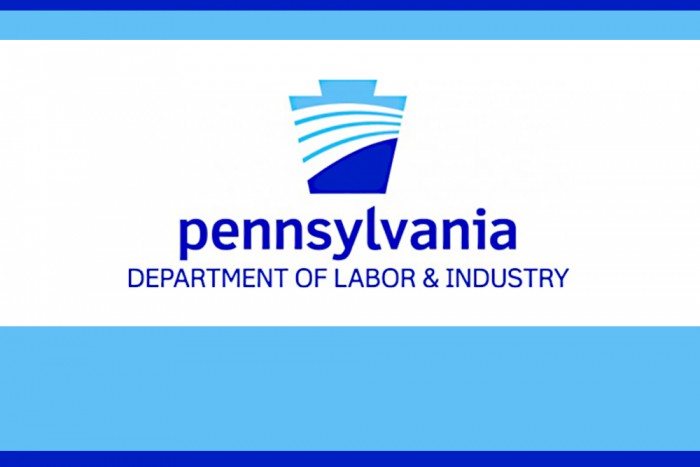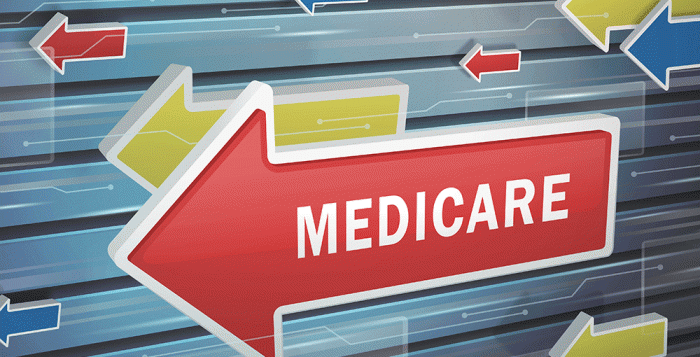How Do Economic Impact Payments Affect Office of Long-Term Living (OLTL) Participants?
The Internal Revenue Service (IRS) is in the process of distributing economic impact payments (or recovery rebates) as part of the Coronavirus Aid, Relief, and Economic Security (CARES) Act. OLTL has received questions about how these payments will affect the Medical Assistance (MA) eligibility of OLTL participants in Community HealthChoices, the Living Independence for the Elderly (LIFE) program, OBRA waiver, and Act 150 program. These questions are answered on the attached document.
If you have questions about the information in this Listserv email, please contact the OLTL Provider Helpline at 1-800-932-0939.
A listserv has been established for ongoing updates on the CHC program. It is titled OLTL-COMMUNITY-HEALTHCHOICES, please visit the ListServ Archives page at http://listserv.dpw.state.pa.us to update or register your email address.
Please share this email with other members of your organization as appropriate. Also, it is imperative that you notify the Office of Long-Term Living for changes that would affect your provider file, such as addresses and telephone numbers. Mail to/pay to addresses, email addresses, and phone numbers may be updated electronically through ePEAP, which can be accessed through the PROMISe™ provider portal. For any other provider file changes please notify the Bureau of Fee for Service Programs Enrollment and Certification Section at 1-800-932-0939 Option #1.
















